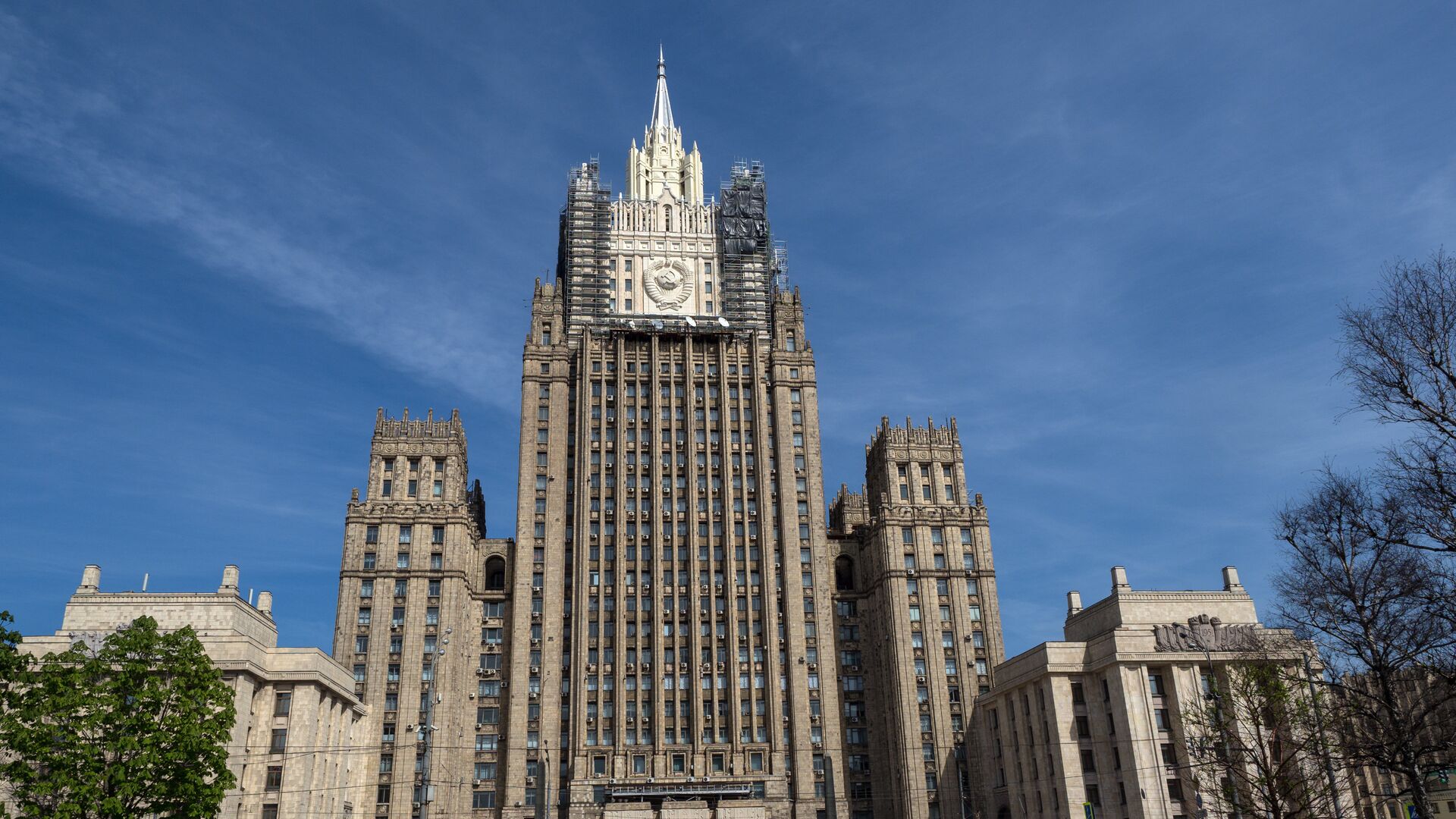The Russian Foreign Ministry, reacting to the EU foreign policy chief's Monday statement, argued that the decision to impose new sanctions against Russia over the situation with Navalny is "disappointing".
The sanctions were named "unlawful" by the Foreign Ministry.
"We consider categorically unacceptable the constantly sounding unlawful and absurd demands for the 'release' of a citizen of the Russian Federation who was convicted of economic crimes by a Russian court on the territory of our country in accordance with Russian law," the Foreign Ministry stated.
It is also noted that in international practice such demands are called "interference in the internal affairs of a sovereign state".
The statement followed an earlier announcement by the EU security and foreign policy chief, Josep Borrell, that the bloc had agreed to expand sanctions against Moscow over the situation with the Russian political opposition figure Alexey Navalny.
"In response to events around the situation of Mr. Navalny, we reached a political agreement to impose restrictive measures against those responsible for his arrest and sentencing and persecution," Borrell said during a press conference after meeting with EU foreign ministers.
Earlier in February, a Moscow court rescinded Navalny's suspended sentence in the 2014 Yves Rocher fraud case over multiple probation breaches and replaced it with 3.5 additional years in prison. Taking into account the time he had spent under house arrest, Navalny will have to spend some 2.5 years behind bars.
In mid-January, Navalny returned to Russia after receiving treatment in Germany following an alleged poisoning in Siberia. Berlin claims that German doctors found evidence in Navalny's body of poisoning with a nerve agent from the Novichok group. Meanwhile, the OPCW said that the Russian political activist was poisoned with a toxin that resembles Novichok but is not on its list of banned substances. Russian doctors said that no such substances were found while Navalny was being treated in Russia.





